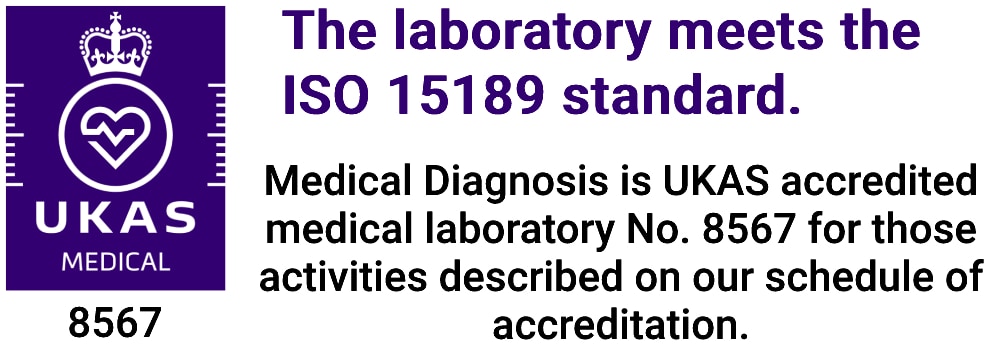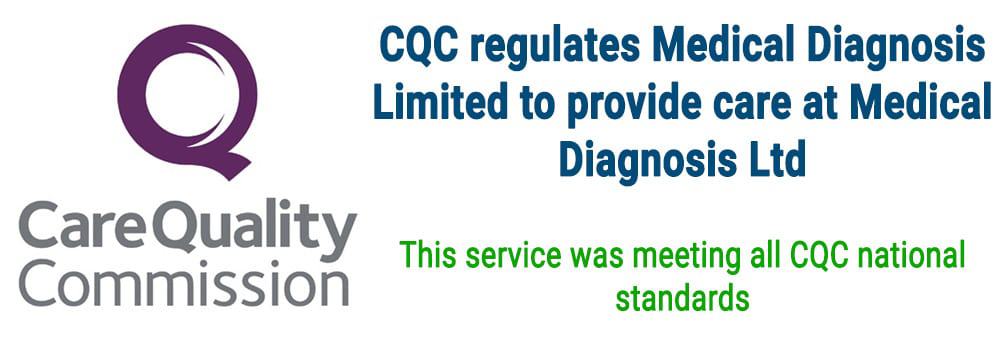Home / Blood Tests / Apolipoprotein A2 (12h Fasting)
Apolipoprotein A2 (12h Fasting)
Overview of Apolipoproteins and Lipid Transport
Apolipoproteins are essential protein components of lipoproteins, which play a crucial role in lipid transport within the body. Among these, Apolipoprotein A‑I is the primary protein found in high-density lipoproteins (HDL), often referred to as "good cholesterol."
Role of Apolipoprotein A-I in HDL Function
Apolipoprotein A‑I is synthesized by the intestines and liver. It helps facilitate the removal of excess cholesterol from peripheral tissues and cells, transporting it back to the liver for excretion or reuse. Furthermore, Apolipoprotein A‑I activates lecithin-cholesterol-acyltransferase (LCAT), an enzyme that esterifies cholesterol, significantly enhancing the cholesterol-carrying capacity of HDL particles.
Clinical Conditions Influencing Apolipoprotein A-I Levels
Elevated Apolipoprotein A‑I levels are commonly observed in liver disease, pregnancy, and following estrogen therapy, such as oral contraceptive use. Conversely, reduced levels are associated with genetic disorders like hypo-α-lipoproteinemia (e.g., Tangier disease), cholestasis, sepsis, and atherosclerosis—all of which are critical considerations in cardiovascular risk assessments.
Function of Apolipoprotein B in LDL Metabolism
The liver also produces very low-density lipoproteins (VLDL), which are rich in triglycerides and cholesterol. Through the enzymatic action of lipoprotein lipase, VLDL is converted into low-density lipoproteins (LDL), with Apolipoprotein B being the predominant protein component. LDL particles are largely responsible for delivering cholesterol to tissues, and elevated levels are closely linked with cardiovascular diseases.
Assessing Cardiovascular Risk with Apo A-I and Apo B Ratio
The combined measurement of Apolipoprotein A‑I and Apolipoprotein B, along with the calculation of their ratio (ApoB:ApoA‑I), provides a more accurate reflection of lipid metabolism disorders and the risk of developing atherosclerosis or coronary artery disease. This diagnostic approach enhances traditional HDL/LDL cholesterol profiling.
Localised Cardiovascular Health Screening in Slough and Nearby Areas
Residents in Slough and surrounding regions such as Windsor, Maidenhead, and Langley can benefit from private cardiovascular risk assessments, including detailed apolipoprotein testing. Monitoring Apolipoprotein A‑I and Apolipoprotein B levels can support early detection and prevention of heart disease in local populations. A high Apo A‑I (HDL) and low Apo B (LDL) level strongly correlate with a reduced risk of cardiovascular complications.
There is an additional £25 phlebotomy fee for every donation.
| Price | £34.0 |
|---|---|
| Categories | | Heart Checks |
| Turnaround Time | 5 days |
| LIS Code | Apo-A2 |
| Exams Included | No Markers Included |
| Enquire Now (020 3633 2371) WhatsApp Now (+4474 4807 7654) |


Our Professional Services
Our partner laboratory, Medical Diagnosis, is UKAS ISO 15189 accredited, and Medical Diagnosis Victoria is registered with the Care Quality Commission (CQC), ensuring all diagnostic testing meets the highest UK standards of quality and accuracy. Medical Diagnosis Victoria is authorised to provide Testosterone Replacement Therapy (TRT) and related clinical services, which are delivered following appropriate medical assessment by GMC-registered doctors with extensive clinical experience.
More About It